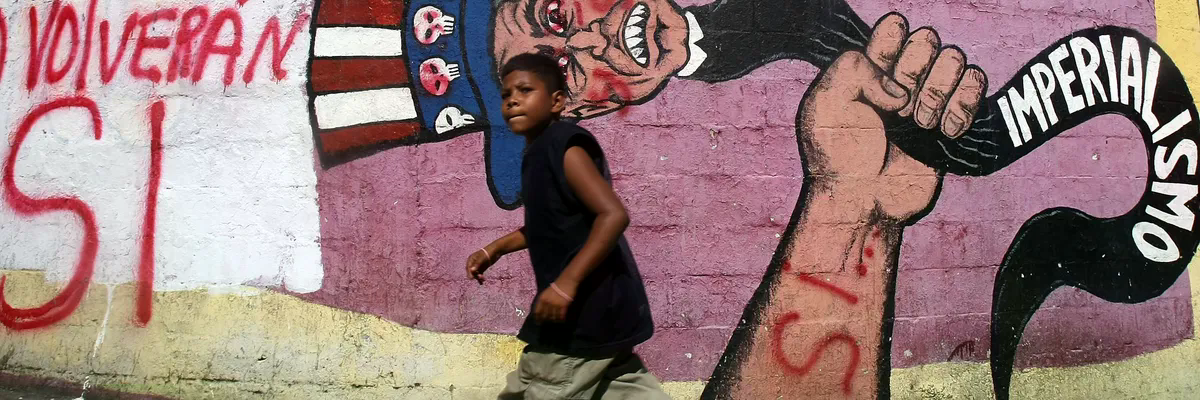
President Donald Trump’s authorization of Central Intelligence Agency (CIA) operations aimed at toppling Venezuelan President Nicolás Maduro has drawn concern from foreign policy experts, who warn of another U.S. “war of choice.” In response, a bipartisan group of U.S. senators introduced a resolution to block unauthorized military action against Venezuela.
Matt Duss, executive vice president of the Center for International Policy, a Washington-based think tank, expressed deep concern over reports that the Trump administration has authorized covert efforts to destabilize the Venezuelan government. He noted these actions follow the administration’s use of military force against vessels and crews in the Caribbean, which he described as extrajudicial killings.
Trump claimed he authorized the CIA to conduct covert operations inside Venezuela for two reasons: the alleged release of prisoners into the United States and the flow of drugs from the country. However, these claims lack credible evidence. Experts and U.S. officials have repeatedly refuted the idea that the Venezuelan government systematically or deliberately released prisoners into the U.S. Additionally, while Venezuela is a transit point for cocaine, most of the narcotics entering the U.S. come through Mexico, Central America, and the Pacific coast. Venezuela is not a significant source of fentanyl, the leading cause of overdose deaths in the U.S.
Duss warned that using covert or military measures to overthrow regimes recalls past U.S. interventions that undermined human rights and sovereignty across Latin America and the Caribbean. Historian John Coatsworth noted that the U.S. has carried out at least 41 successful interventions that overthrew governments in the region since 1898, with many more military actions.
The U.S. has long been involved in Venezuelan affairs, dating back to a 1895 boundary dispute with Britain. Since then, Washington has supported authoritarian leaders and suppressed democratic movements, including training Venezuelan forces in torture and repression at the U.S. Army School of the Americas. This century, successive administrations have sought to undermine the Bolivarian Revolution initiated by former President Hugo Chávez and continued under Maduro.
Tens of thousands of Venezuelans have died due to U.S. economic sanctions on the country, according to research from the Center for Economic and Policy Research. Maduro accused the U.S. of sending the CIA to Venezuela for regime change, stating that no previous administration had so openly ordered such actions.
Duss emphasized that U.S. interventions often lead to instability, internal divisions, and the reinforcement of authoritarianism. Tim Weiner, a Pulitzer Prize-winning author, highlighted how even successful U.S. covert operations, such as the 1954 coup in Guatemala, led to decades of repression and violence.
Joseph Addington, a columnist for Responsible Statecraft, warned that any U.S. invasion of Venezuela would carry significant risks, particularly in terms of occupation and rebuilding. He pointed to the challenges the U.S. faced in the Middle East as a cautionary example.
Duss also noted that Trump, who ran as an anti-war candidate, does not have broad public support for military involvement in Venezuela. A majority of Americans oppose U.S. military action in the region.
On Friday, a bipartisan group of U.S. senators—Tim Kaine (D-Va.), Rand Paul (R-Ky.), and Adam Schiff (D-Calif.)—introduced a war powers resolution to prohibit unauthorized military action against Venezuela. Kaine expressed concern over the administration’s potential illegal strikes, emphasizing that Americans do not want more wars that could destabilize the region and increase migration.
This marks the second time Kaine and Schiff have attempted to introduce such a measure. Earlier this month, Democratic Sen. John Fetterman joined Republican colleagues in voting down a similar resolution, while Senator Rand Paul supported it alongside independent senators Bernie Sanders and Angus King.


